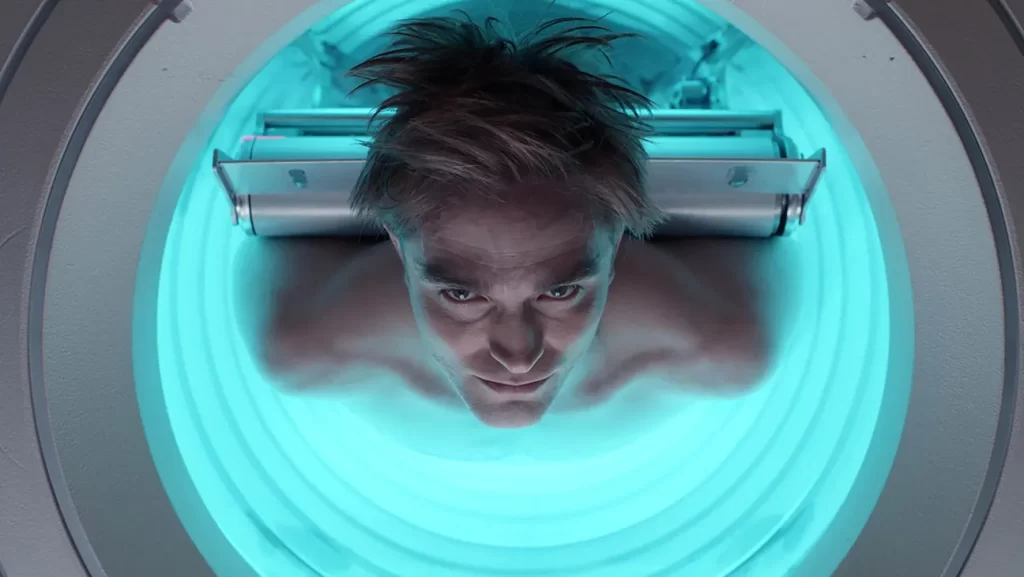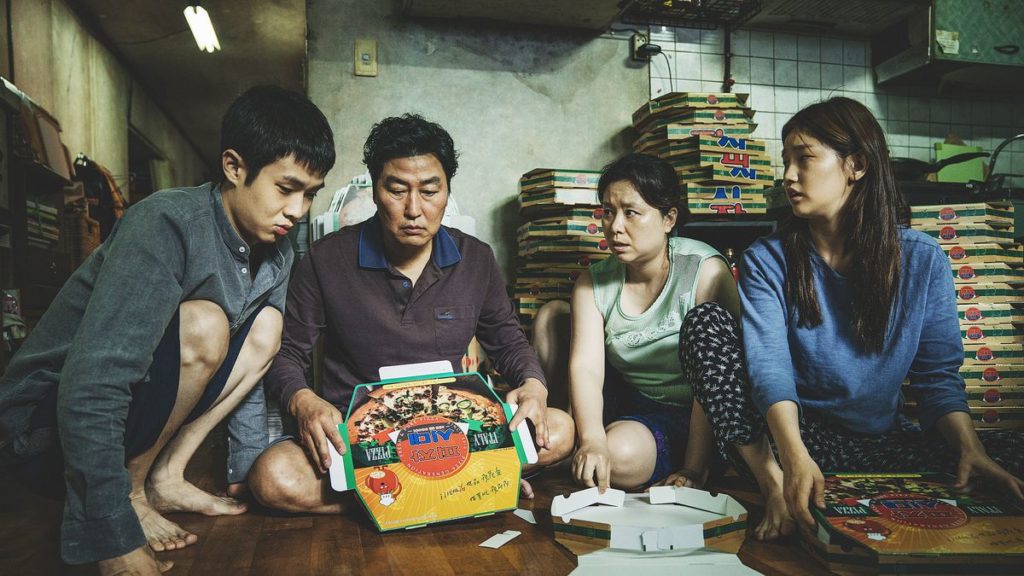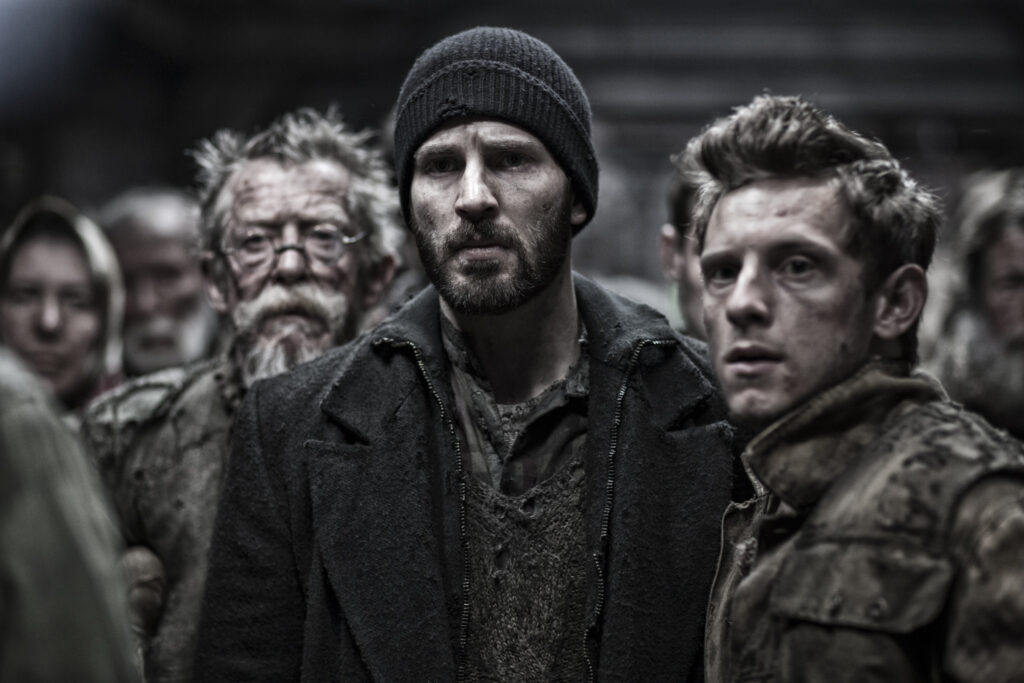Mickey 17: Live Esprit or Die Scarred

Cinema is a medium of imagination, and science-fiction is a genre of possibility. So it’s understandable that movies about the future tend to be, if not optimistic, at least aspirational—conjuring a realm of flying cars and exotic planets and soulful cyborgs. Mickey 17, the latest whatsit from Bong Joon-ho, tacks in the opposite direction. It asks, with a mixture of whimsy and sincerity: What if the future sucks?
To be fair, this line of prospective apprehension has its own gloomy descendants. (Just last year, Alien: Romulus continued that franchise’s preoccupation with capitalistic drudgery, conceiving of a mining colony where indentured servants labored in permanent darkness.) But Bong’s vision here is distinctive for how it depicts galactic exploration as an error-riddled process that’s permanently, perpetually janky. Hardly anything works smoothly in Mickey 17; its characters are constantly beset by glitchy conveyor belts and ineffectual antidotes and crappy cooking, not to mention the usual human malice and venality. It feels a lot like the world of today, only with more spaceships and aliens. Read More


